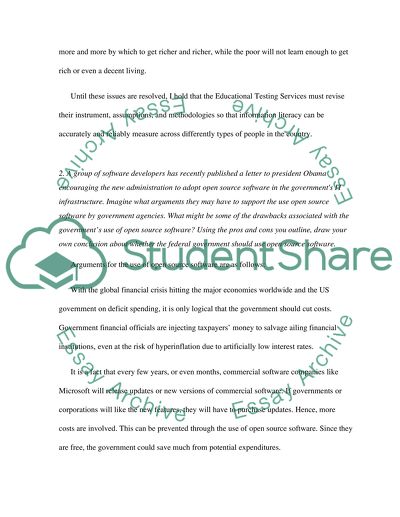Cite this document
(Information Literacy as the Ability to Know What Information is Needed Assignment, n.d.)
Information Literacy as the Ability to Know What Information is Needed Assignment. https://studentshare.org/information-technology/1502815-information-studies
Information Literacy as the Ability to Know What Information is Needed Assignment. https://studentshare.org/information-technology/1502815-information-studies
(Information Literacy As the Ability to Know What Information Is Needed Assignment)
Information Literacy As the Ability to Know What Information Is Needed Assignment. https://studentshare.org/information-technology/1502815-information-studies.
Information Literacy As the Ability to Know What Information Is Needed Assignment. https://studentshare.org/information-technology/1502815-information-studies.
“Information Literacy As the Ability to Know What Information Is Needed Assignment”. https://studentshare.org/information-technology/1502815-information-studies.


